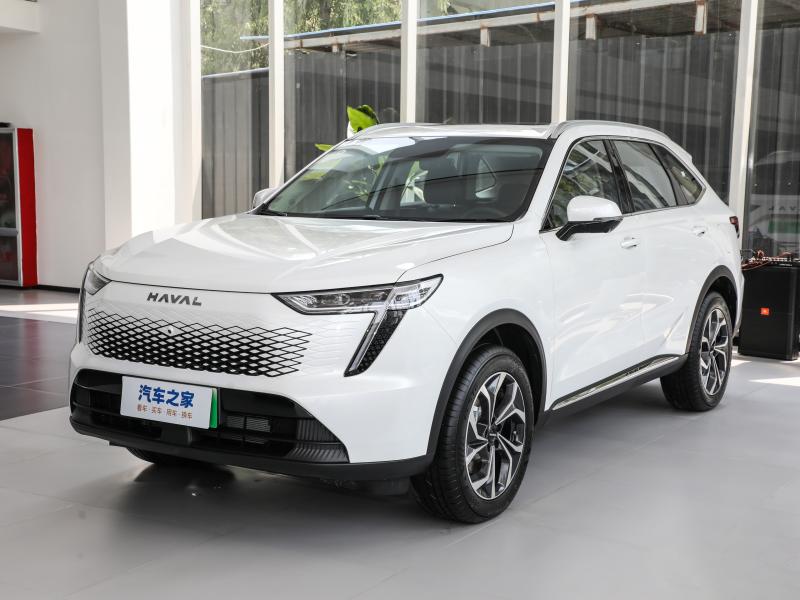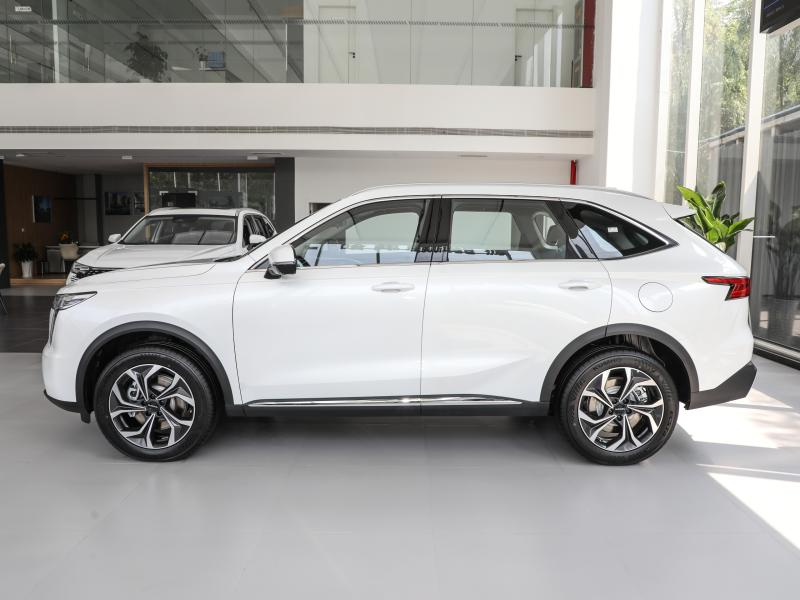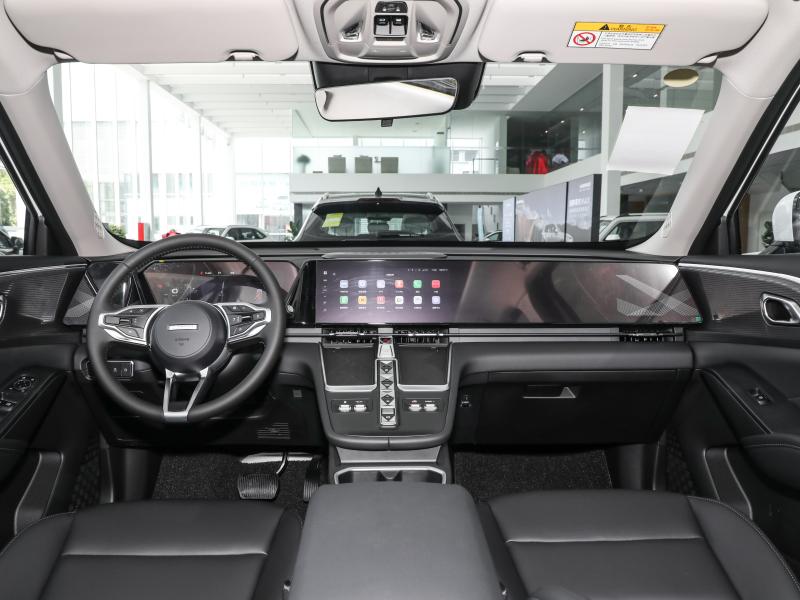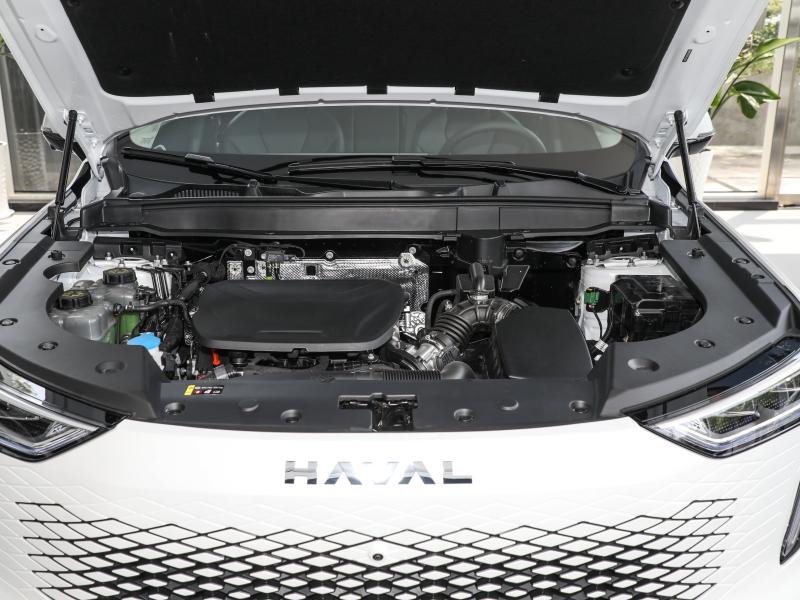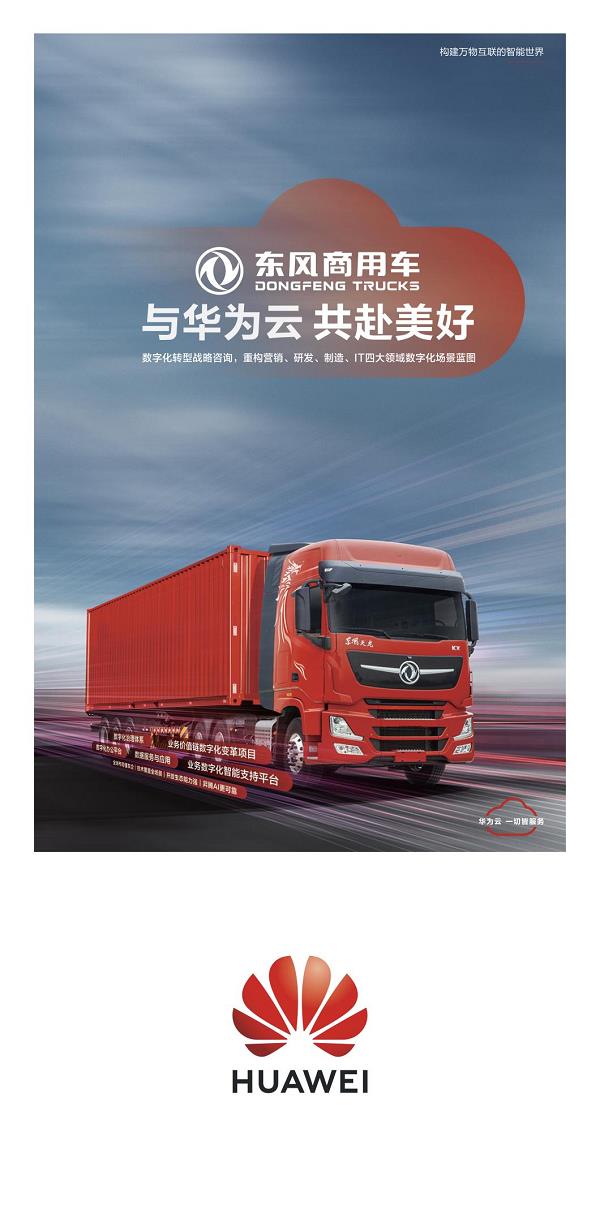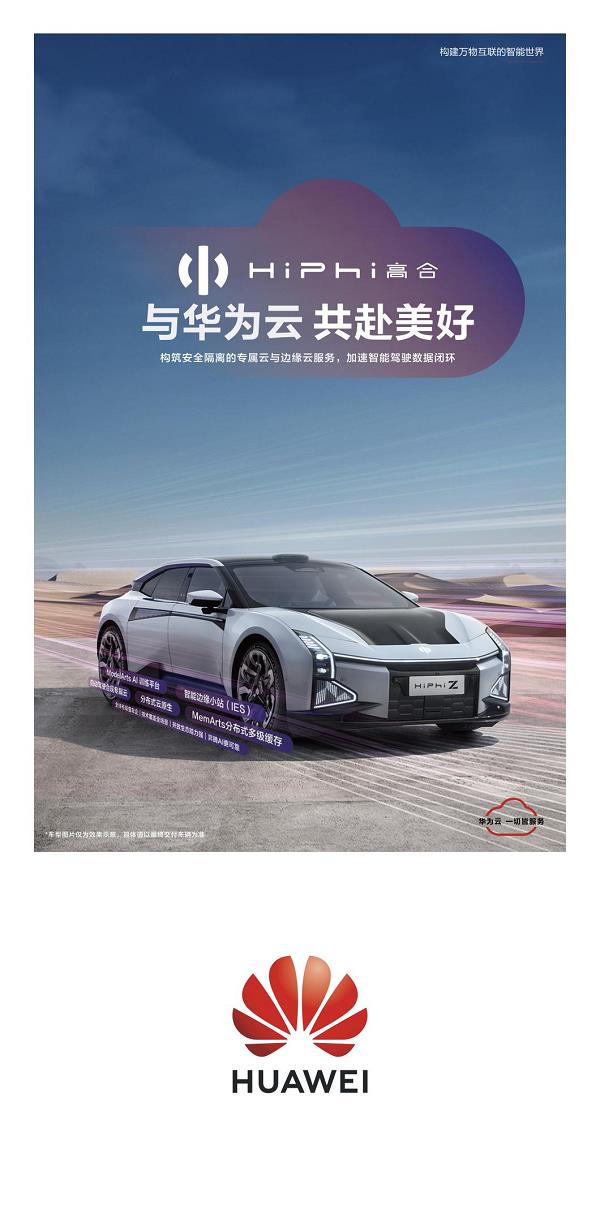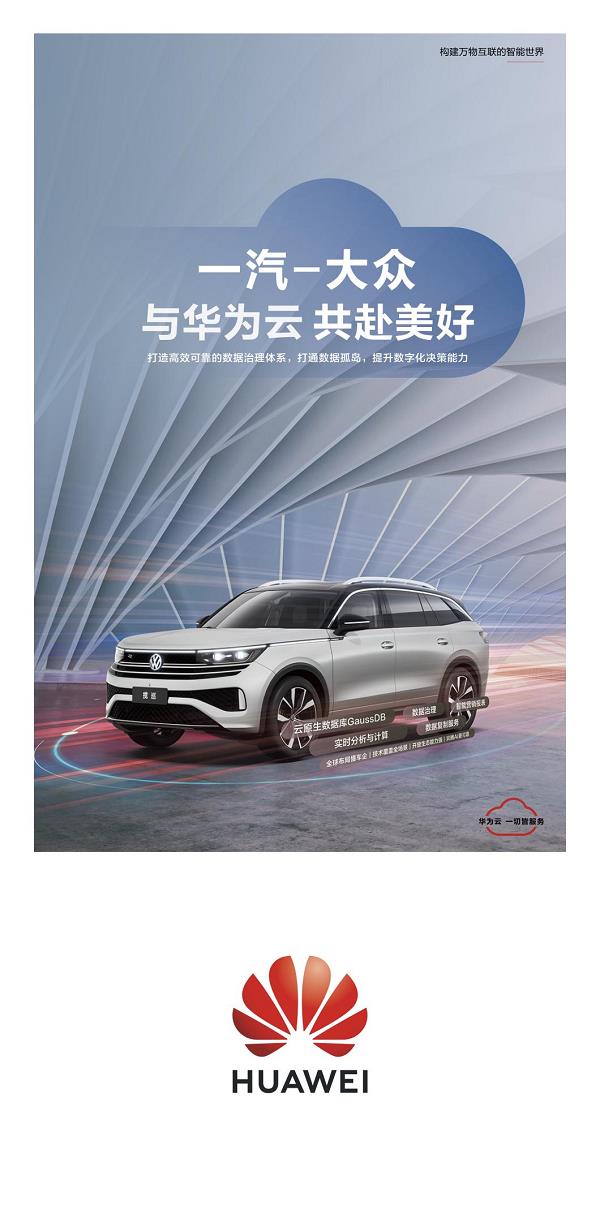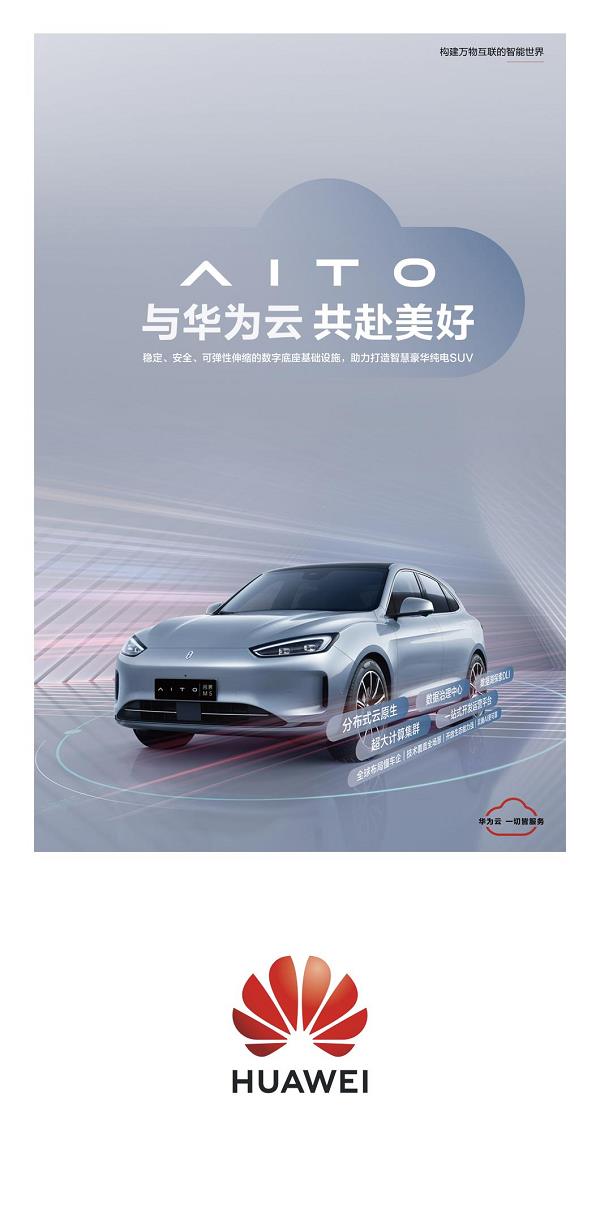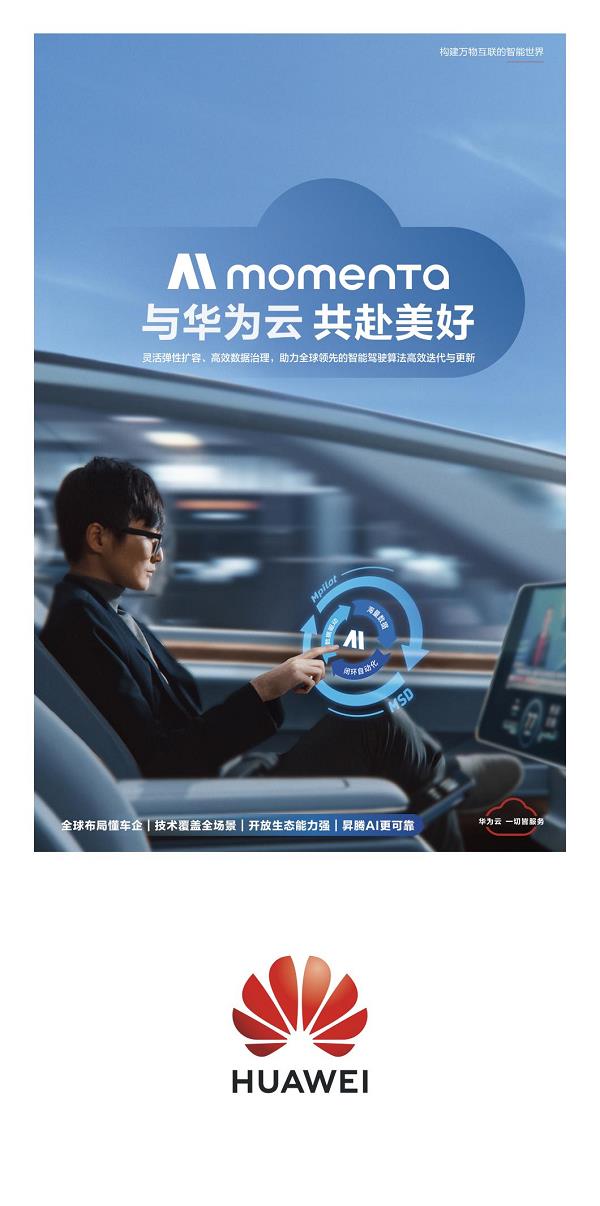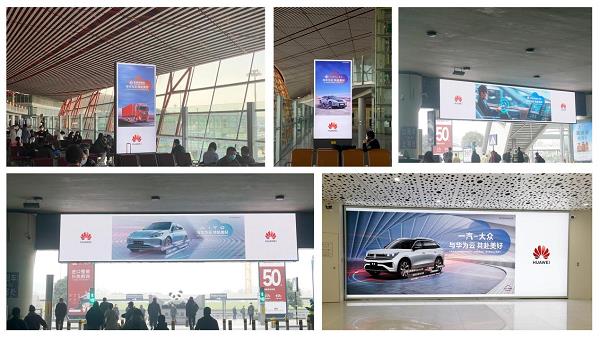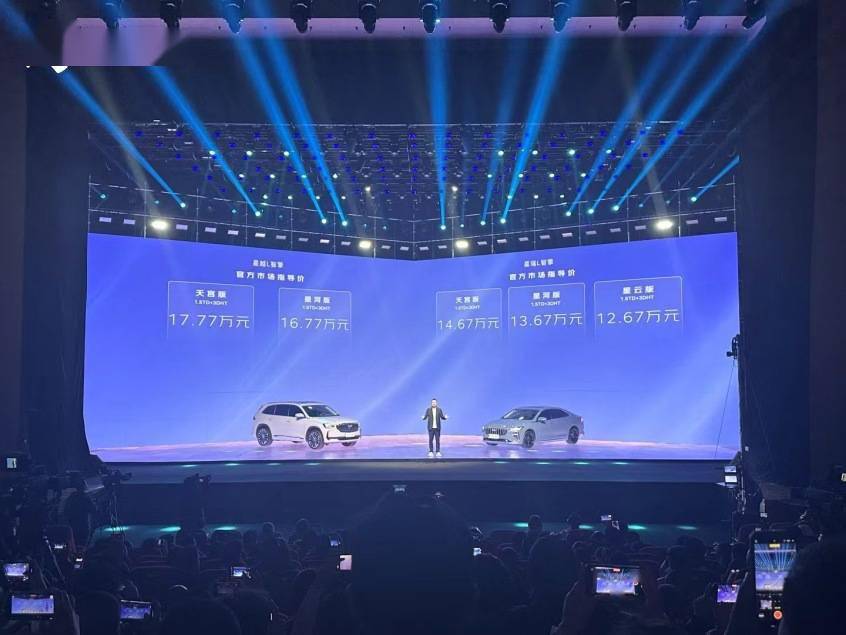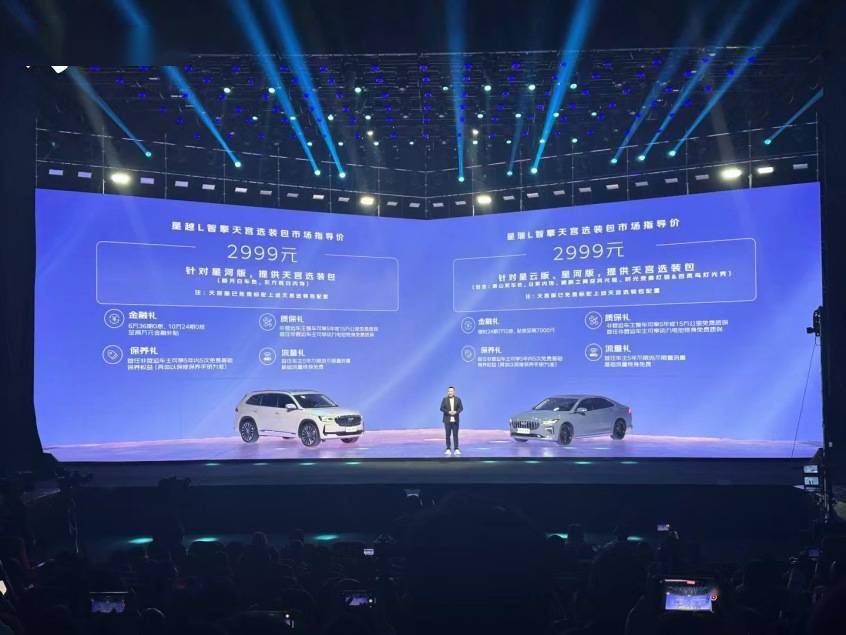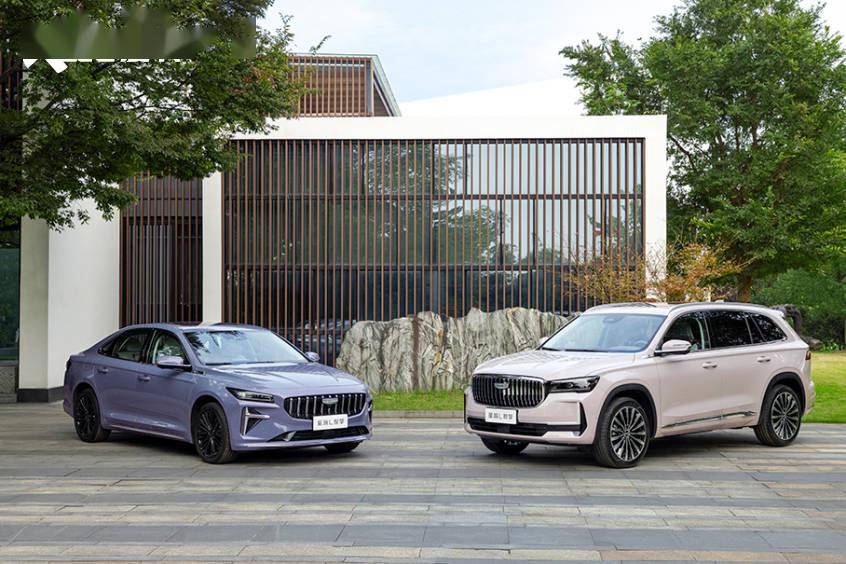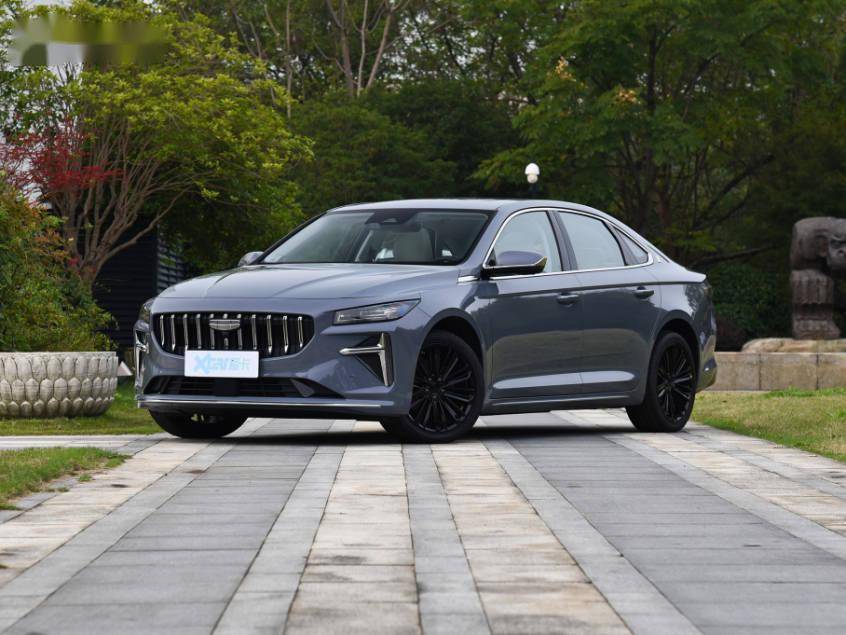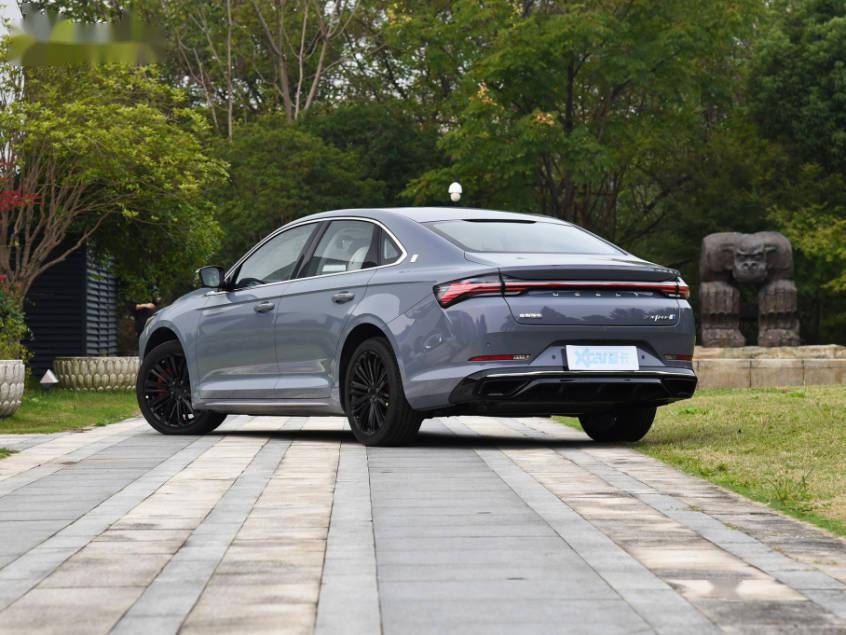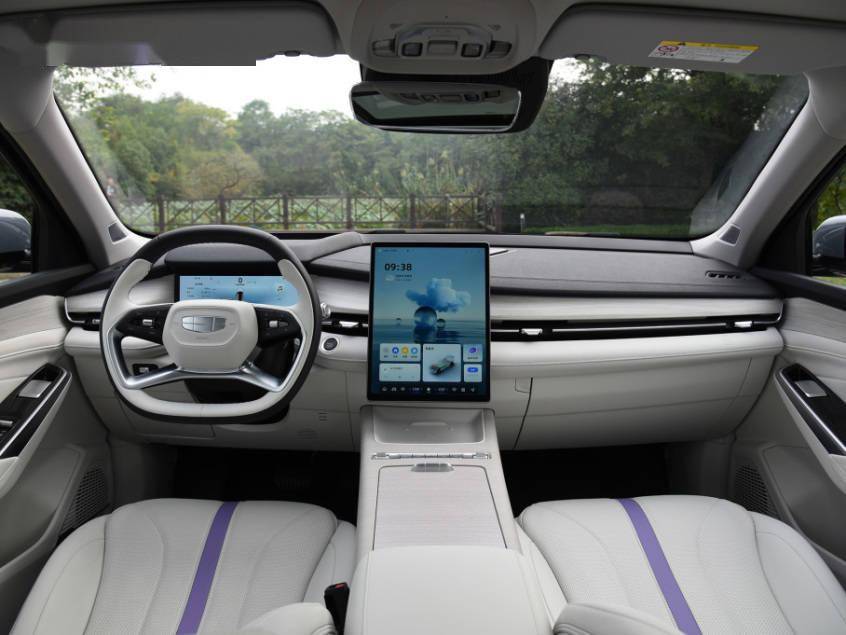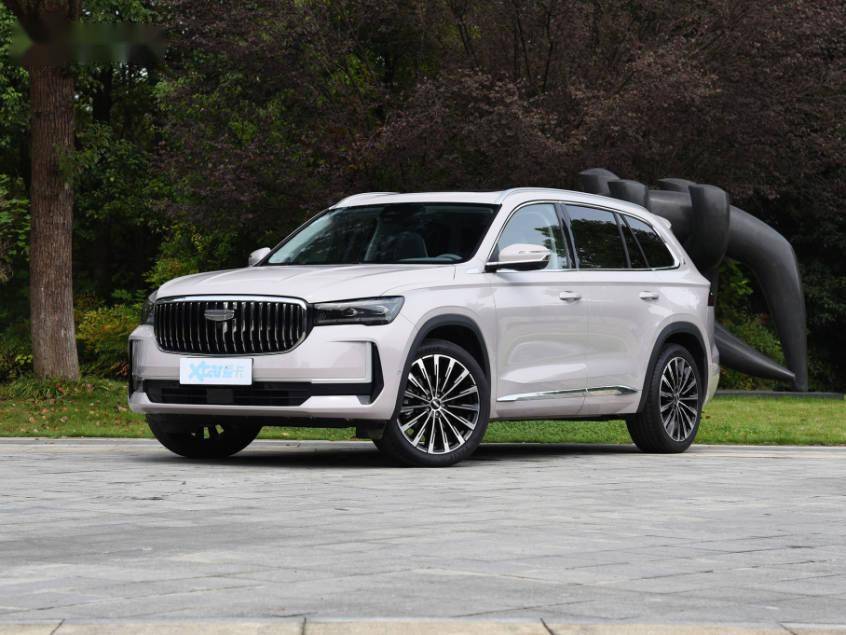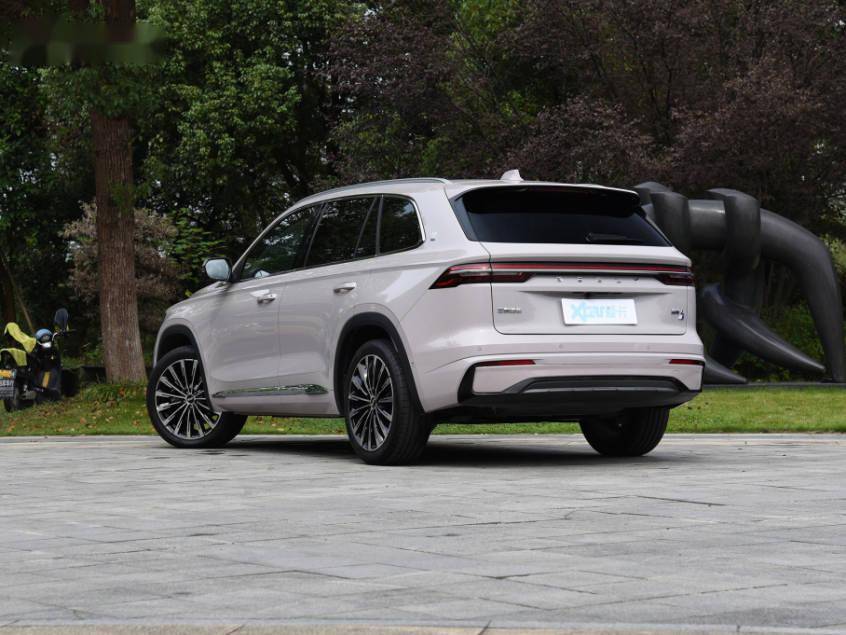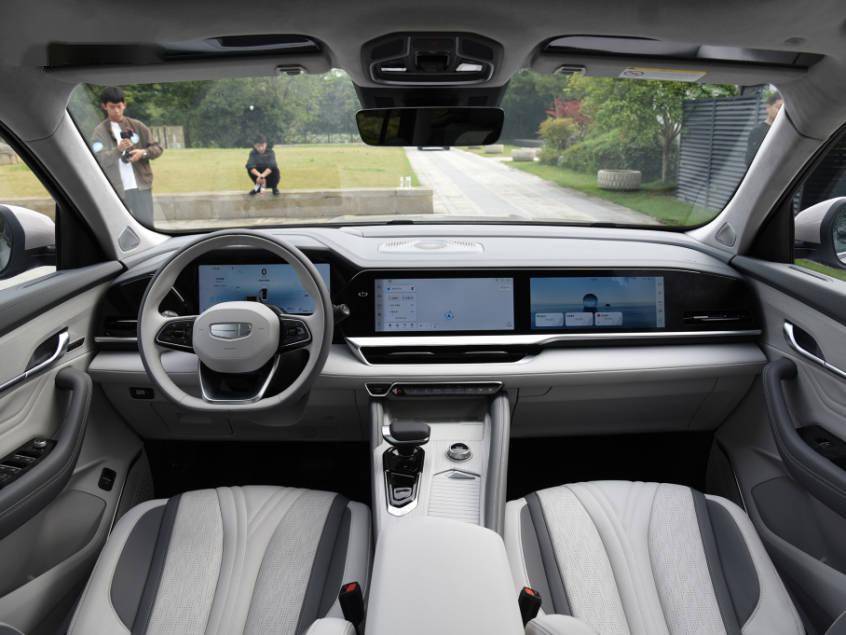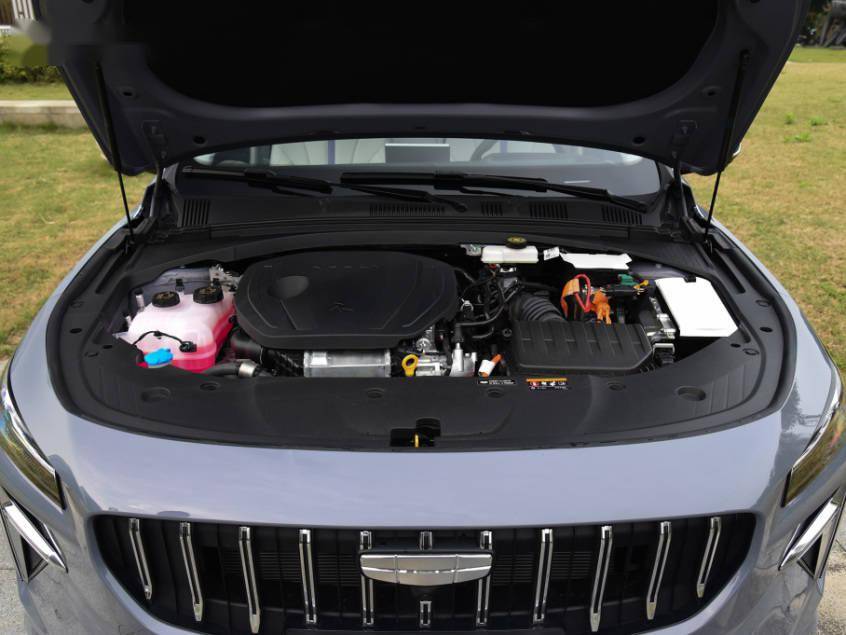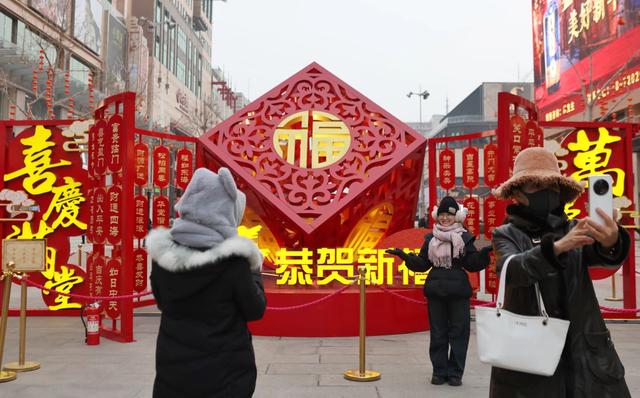According to the first financial news, AITO is accelerating the pace of new car launches. Huawei End Point announced on September 10 that it will release the five-seat new car of the Q Jie M7 on September 12. With the release of the new car, the AITO Q Jie model matrix will include M5, M5 pure electric version, M5 smart driving version, M5 pure electric smart driving version, M7, M7 five seats, and AITO Q Jie plans to release M9 in the fourth quarter.
AITO Q & A is a brand jointly launched by Huawei and Cyrus. At present, Q & A’s sales volume is far from that of the leading new car-making forces. As a representative of Huawei’s smart car model, Huawei urgently needs to prove Q & A’s ability.
In August, the sales volume of nine new car-making forces, including Ai’an, Ideal, NIO, and Deep Blue, exceeded 10,000, and the delivery volume of AITO was 5018.
In the face of sluggish sales, Huawei’s automotive business has shown signs of more progress recently. In addition to speeding up the launch of new cars, in June this year, Huawei also acquired 21 "Q Jie" trademarks, which was interpreted by the industry as saying that Huawei will have the dominant right to Q Jie trademarks, and Q Jie may become a unified brand name for Huawei’s smart car model in the future. In July, the "AITO Q Jie Sales Service Joint Working Group" established by Sailis Automobile and Huawei began to be fully responsible for end-to-end closed-loop management of marketing, sales, delivery, service, and channels, marking the strengthening of cooperation between the two parties. From the perspective of products in the second half of the year, the new M7 and M9 models are undoubtedly the most concerned.
Sales are under pressure
Huawei Managing Director, End Point BG CEO, Smart Car Solutions BU CEO Yu Chengdong has previously revealed some information on the new M7 model. According to its Weibo, the model has 3338mm interior space and 686L trunk volume. Yu Chengdong also focused on the safety attributes of the new M7. In addition, the full-size SUV Q M9 will also be launched at the end of the year.
The launch of new cars is crucial to driving up sales in the industry. Since the beginning of this year, sales in the industry have been under pressure. According to the production and sales data of Cyrus, sales of Cyrus cars in July and August this year fell by 45.69% and 67.52% year-on-year, which affected the sales decline in the first eight months of this year. The reporter learned from the Cyrus Securities Department that in its production and sales express, sales of Cyrus cars are mainly from the industry.
"The Quarter 1 automotive industry promotion has led to a wait-and-see mood among users, and users’ expectations that the M5 smart driving version will be released in the second quarter have a certain impact on the sales of existing models." This is how Cyrus explained the reason for the decline in sales in the company’s first-half earnings report.
AITO official account no longer discloses monthly deliveries this year. Scattered disclosure data show that in April this year, AITO asked the world to deliver 4585 new cars, delivered 5629 cars in May, and delivered 5018 cars in August. There is no good news that the monthly delivery has exceeded 10,000. Compared with August last year, the delivery volume exceeded 10,000 cars, and reached the peak of 12,000 cars in October.
According to the data of the Passenger Federation, in the wholesale sales rankings of new energy passenger cars in August this year, Sailis sold 5018 units, not ranked in the 20th, lagging behind the new car-making forces of GAC Aian, Ideal, NIO, Zero Run, Xiaopeng, and Nezha with monthly sales of over 10,000.
At the same time as the sales problem is anxious, since the delivery of the world, Cyrus and Huawei have not yet tasted the sweetness of performance. In 2022, thanks to the higher price of M5 and M7 and the increase in sales volume, Cyrus revenue doubled year-on-year, but due to the increase in sales expenses and investment in research and development, the loss doubled year-on-year, reaching 3.832 billion yuan. In the first half of this year, Cyrus did not turn around, and revenue fell by 11.14% year-on-year.
It is also doubtful how much the car business can bring to Huawei’s performance. In 2022, Huawei’s smart car solutions business revenue was 2.077 billion yuan, accounting for only 0.3% of the total revenue. If the accumulated investment in smart car solutions BU since its establishment is 3 billion US dollars, the business is still losing money. In the first half of this year, the smart car solutions business revenue was 1 billion yuan, equivalent to half of last year’s annual revenue, and it seems to be standing still.
The pressure on Yu Chengdong is not small whether he can bring up the sales of Wenjie and set a benchmark for Huawei’s car business. Since the beginning of this year, Yu Chengdong has frequently stood on the platform for Wenjie, and his Weibo twice mentioned investing heavily in the new M7 model, saying that the model "has invested 100 million new upgraded interior and exterior accessories" and "spent 500 million new upgrades to build". In July, Yu Chengdong warmed up the new M7 at an exchange meeting with channel providers and suppliers, and in August he appeared at Chengdu Station to promote the model.
In response to the question of sales, Yu Chengdong previously responded that sales are only the result of a certain stage of development, and the underlying reflection is actually the relationship between users. Due to lack of experience and insufficient experience, some detours have been taken. At this time, it is even more necessary to give full play to its own advantages, have determination, and insist on making the ultimate products. Yu Chengdong revealed that in the face of external shocks, the company will accelerate improvement. Now it will optimize in the fields of retail, service, and delivery, and at the same time optimize the mechanism, increase the number of unannounced visits to stores and other means to improve the overall service capacity.
Partnership adjustment
Since the beginning of this year, there has been frequent speculation about Huawei’s entry into the car industry, and even rumors that Huawei’s car BU wants to seek independence. The root cause of the rumors is that Huawei’s car business has not brought significant growth and the development prospects are not yet clear. In fact, outside of Sailis, which has the deepest cooperation with Huawei, many car companies are considering cooperation with Huawei, and the cooperative relationship has undergone adjustment.
At present, Huawei’s cooperation with car companies is divided into three categories, namely vertical parts supply, HI (HuaweiInside) and Huawei Smart Selection. The HI model provides full-stack smart car solutions for car companies. The Huawei Smart Selection model involves Huawei in product definition, styling, marketing, user experience and other links. The depth of cooperation between these three models ranges from shallow to deep.
In the cooperation between car companies and technology manufacturers, it is a matter of debate who has the "soul", especially Huawei, which has always been strong in product control, and car companies inevitably choose carefully. Some auto industry analysts told reporters that as the competition for new energy vehicles enters the second half, profits will gradually shift to electronic and intelligent, and automakers are afraid of cooperating with technology manufacturers.
In March this year, the GAC Aian AH8 project changed its HI cooperation model with Huawei to a parts supplier model, and AH8 will be independently developed by Aian. Some car companies have made two preparations. In April this year, the cooperation model between BAIC Extreme Fox and Huawei changed from the HI model to the smart car model. At the same time, BAIC started its own research. At the end of August, BAIC Extreme Fox Koala started pre-sale, and this model is positioned as the world’s first smart parent-child car. The reporter learned from BAIC Blue Valley Securities Department that Koala has no cooperation with Huawei. In addition, Chery, JAC and Huawei Smart Choice have all cooperated. Among them, Chery has cooperated with Huawei to launch a number of smart electric vehicle models. Chery is also developing an independent new energy brand iCAR.
Huawei is well aware of the challenges it faces. At the "China Electric Vehicle 100 Forum 2023" in April this year, Yu Chengdong admitted that among domestic partners, new forces are unlikely to choose Huawei in terms of intelligence, and international giants will not choose for some reason. If traditional car companies are afraid of losing their souls, they will not choose, which makes Huawei face great challenges.
Even in the face of the dynamic adjustment of the cooperative relationship with car companies, in recent years, Huawei has emphasized the stability of cash flow and given up heavy assets to enter the car production, Huawei has still responded many times, denying the path of independent car production. At the beginning of this year, Huawei founder and CEO Ren Zhengfei issued a decision announcement, emphasizing that "Huawei" or "HUAWEI" cannot be used to extend the time limit of "Huawei does not build cars" for 5 years in the promotion and appearance of the whole vehicle.
In this case, in the limited cooperation with car companies, how Huawei can achieve the most benefits and achieve the most ideal commercialization goals has become a core issue. In August, it was reported that Huawei had strategically adjusted its car BU business to reduce non-core business investment and spend money on the edge. But Huawei officials did not respond to this news.
In terms of business strategy, in the foreseeable future, Q & A will continue to be the most important focus of Huawei’s car business. The new M7 and M9 to be released on the 12th will become the biggest focus of Q & A in the second half of the year.
Original title: Q World will release the new M7 model, how long is Huawei’s "car building" window?
